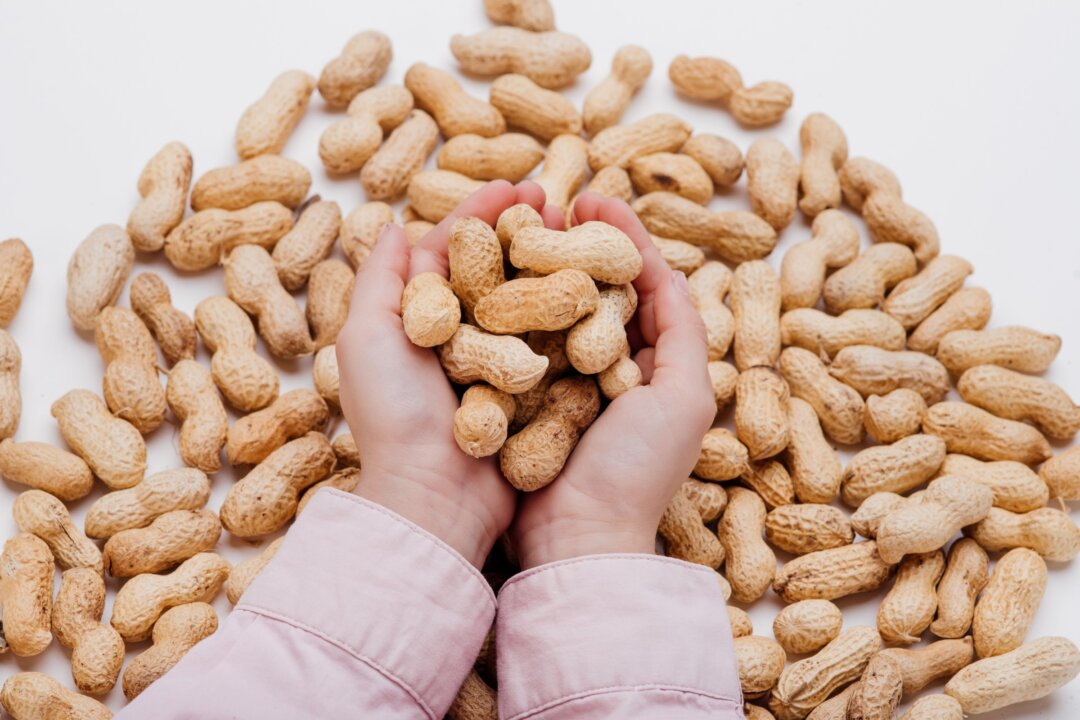“No one was allergic to peanuts when I was a kid!” Many adults over 40 have made this observation and wondered why peanut allergies are so common in their children’s generation. However, a simple practice may protect future generations from developing this often-dangerous allergy. The rise in peanut allergies may have resulted from an overreaction to what used to be a rare, albeit sometimes serious, condition.
Beginning in the late 1990s, pediatricians and allergists in many countries advised pregnant women to avoid eating peanuts in an attempt to prevent peanut allergy in their children. Guidelines released during the early 2000s advised against babies consuming peanuts, Gideon Lack, professor of pediatric allergy at King’s College London, told The Epoch Times in an email. However, research since the mid-2010s has shown this advice was misguided—and may have had the reverse effect of increasing the prevalence of peanut allergy.

Those children who ate peanuts as infants in the original LEAP study were protected from peanut allergy—15.4 percent of subjects in the peanut-avoidance group had peanut allergy at age 12 or older—compared to 4.4 percent of subjects in the peanut-consumption group, the LEAP-Trio study determined.
“The findings have the potential to reduce peanut allergy by more than 80 percent, but it will take time for the guidelines to be properly translated into clinical practice,” Mr. Lack told The Epoch Times. Ms.
Waggoner, who has a doctorate i.























